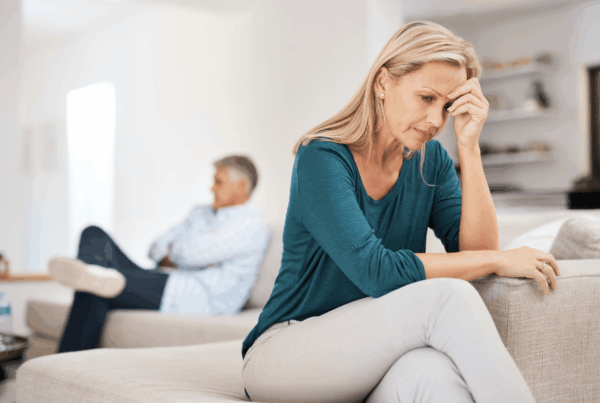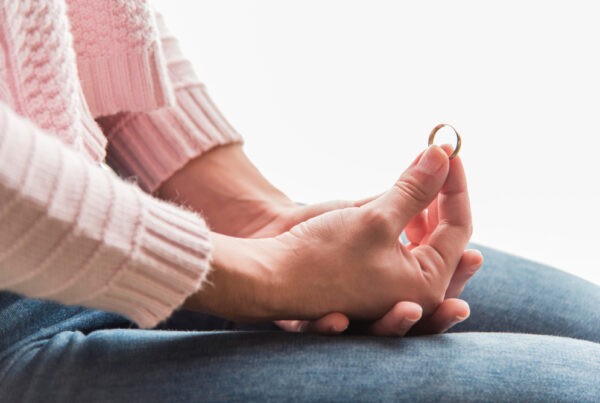Domestic violence is a deeply troubling issue that affects countless individuals and families. If you or someone you know is experiencing domestic violence, it’s important to understand the resources available and the steps you can take to protect yourself and your loved ones. In this article, we’ll discuss the various forms of domestic violence, the signs to look out for, and how to seek help in Virginia.
Types of Domestic Violence
Domestic violence can take many forms and can occur in any relationship, regardless of gender identity or sexual orientation. Some common types of domestic violence include:
- Physical abuse: This includes any physical act that causes harm or injury to a person, such as hitting, punching, or kicking.
- Emotional abuse: This involves using words or actions to manipulate, control, or degrade someone’s self-worth or mental well-being.
- Sexual abuse: This refers to any non-consensual sexual activity within a relationship.
- Financial abuse: This occurs when a person uses money or financial resources to control or manipulate someone in a relationship.
- Digital abuse: With the rise of technology, this form of abuse involves using digital platforms to harass, intimidate, or monitor someone.
It’s important to note that domestic violence can also involve a combination of these types and may escalate over time. No matter the form it takes, all forms of domestic violence are unacceptable and should not be tolerated.
Recognizing the Signs of Domestic Violence
Domestic violence is often characterized by a pattern of controlling behaviors and can be difficult to detect for those outside the relationship. However, there are some common signs that may indicate domestic violence is occurring. These signs include frequent unexplained injuries, a partner’s excessive control over finances or social interactions. Recognizing these indicators can be the first step toward seeking help and ensuring safety for the victim.
Legal Protections for Domestic Violence Victims in Virginia
Virginia offers several legal protections for victims of domestic violence, including:
- Protective Orders: These legal orders can prevent the abuser from contacting or approaching the victim.
- Emergency Custody Orders: In extreme cases, Courts can grant temporary custody of children to protect them from an abusive parent.
- Spousal Support: The court may order financial support to assist the victim in gaining independence.
What Should You Do If You’re a Victim?
If you’re experiencing domestic violence, your safety is the top priority. Here are steps you can take:
- Reach Out for Help: Contact local domestic violence shelters, hotlines, or support groups.
- Create a Safety Plan: Have a plan for how to leave the situation safely, including a packed bag and emergency contacts.
- Document the Abuse: Keep records of incidents, including photos, messages, and medical reports.
- Seek Legal Assistance: Consult with a lawyer to understand your rights and options.
How Can You Help a Friend Experiencing Domestic Violence?
Supporting a friend in an abusive relationship can be challenging but crucial:
- Listen and Believe Them: Validate their feelings and experiences without judgment.
- Offer Practical Help: Assist with finding resources, creating a safety plan, or providing transportation.
- Encourage Professional Help: Suggest contacting organizations that specialize in domestic violence support.
What Resources Are Available in Virginia?
Virginia offers numerous resources for domestic violence victims:
- Virginia Sexual and Domestic Violence Action Alliance: Provides crisis intervention and support services.
- National Domestic Violence Hotline: Offers 24/7 support and can connect you to local resources.
- Local Shelters and Support Groups: Offer safe housing, counseling, and legal assistance.
Does Domestic Violence Affects Divorce
In Virginia, domestic violence can significantly impact the divorce process. Courts consider the safety and well-being of victims and any children involved. Evidence of abuse can influence custody decisions, property division, and spousal support.
Can Domestic Violence Affect Child Custody?
Yes, domestic violence significantly impacts child custody decisions. Virginia courts prioritize the child’s best interest, and evidence of abuse can lead to restricted visitation or supervised visits for the abusive parent. Additionally, the court may order counseling or intervention programs for the involved parties to ensure the child’s safety.
How to Begin the Divorce Process if You’re Experiencing Domestic Violence
Starting the divorce process when domestic violence is involved can be overwhelming. Here’s a simple guide:
- Consult a Lawyer: Speak with a divorce attorney who understands domestic violence issues.
- File for a Protective Order: This can provide immediate protection for you and your children.
- Gather Evidence: Document all instances of abuse to support your case.
- Focus on Your Safety: Ensure you have a safe place to stay and a support network to rely on.
How Slovensky Law Can Support You
Domestic violence is a serious issue that requires immediate attention and action. Remember, you are not alone, and help is available.
If you’re dealing with domestic violence and considering divorce in Virginia, Slovensky Law is here to help. Our compassionate team is dedicated to supporting you through every step of the process. We understand the unique challenges you face and are committed to ensuring your safety and well-being.
Reach out to us today for a confidential consultation and take the first step towards a safer, brighter future.



